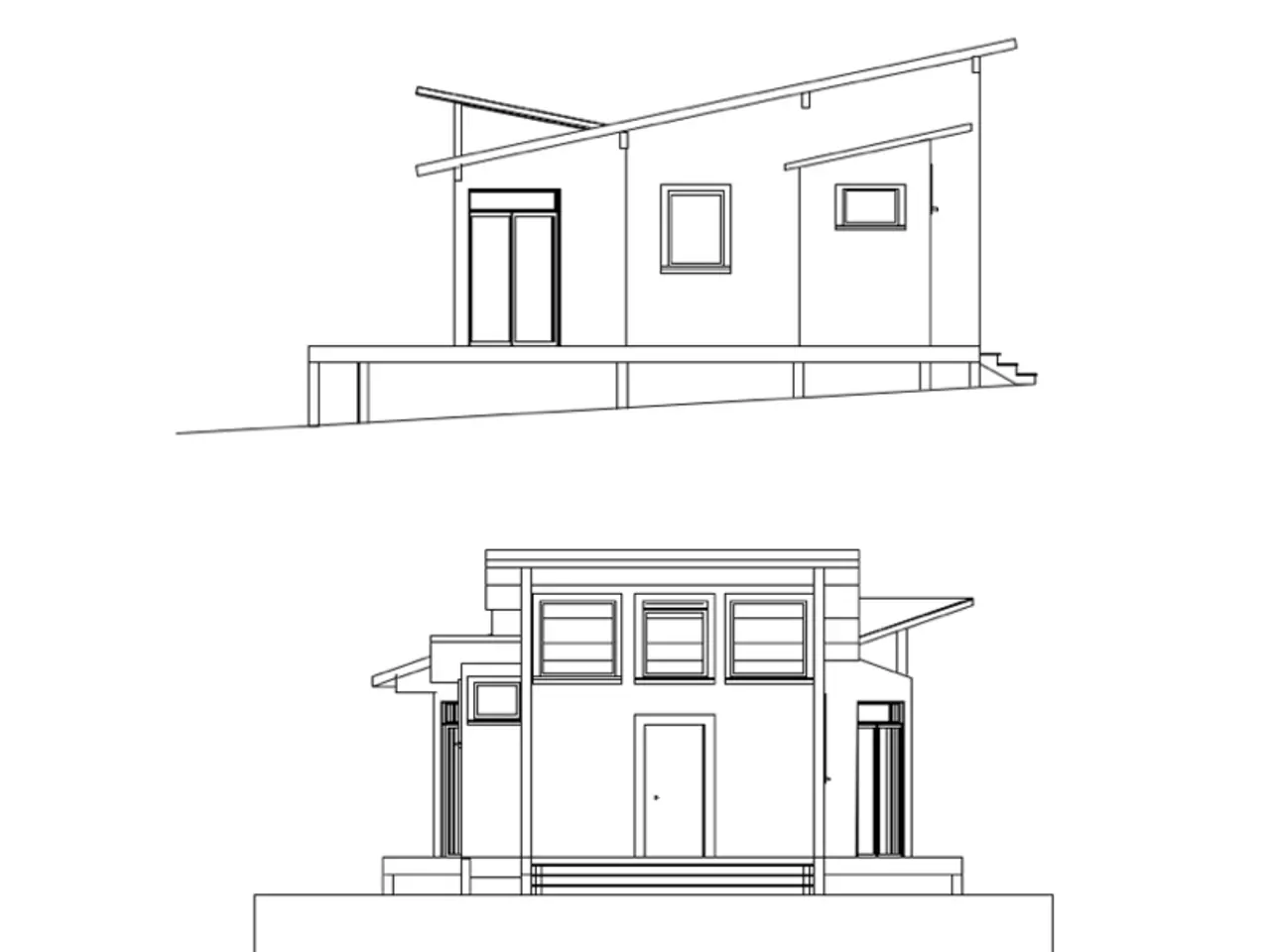Avoiding a property survey before house purchase: The risks involved
When embarking on a renovation project, it's crucial to have a clear understanding of the property's condition before making a purchase. A home survey can provide valuable insights that may not be apparent during a casual walkthrough.
The Differences Between a Mortgage Valuation and a Home Survey
It's essential to understand that a mortgage valuation, carried out by your lender, is primarily for their benefit, assessing whether the property offers sufficient security for their loan. On the other hand, a home survey, conducted by a chartered surveyor, is designed to be more detailed and discover defects or issues which could impinge on the buyer's use and enjoyment of the property going forward.
The Role of a Home Survey in a Renovation Project
If you are buying a house to renovate, a survey is just as important, if not more so. A survey can help predict future repairs and maintenance costs, ensuring that your renovation budget is sufficient to cover any unexpected issues. A more detailed survey, such as a RICS level 3 home survey, can even diagnose the cause of any issues, providing invaluable guidance for your renovation plans.
The Risks of Skipping a Home Survey
Skipping a home survey can expose you to several risks. Without an inspection, you risk missing major structural problems like foundation issues, water damage, or roofing defects that are not visible in a casual walkthrough. Plumbing, electrical, and HVAC problems can be expensive and dangerous, while faulty wiring or other hazards may threaten your family’s safety if not detected early. Moreover, without a professional appraisal or inspection, you could pay more than the home’s true value, which can cause issues when reselling.
The Potential Benefits of Forgoing a Home Survey
In some cases, skipping a home survey might offer benefits such as a faster closing, a more attractive offer to the seller, or less hassle. However, these benefits should be carefully weighed against the potential long-term costs of unknown issues and risks.
The Verdict
Most experts recommend conducting a thorough home inspection to understand the condition of the property fully and protect your investment. If you are experienced and confident or buying in an as-is sale, waiving an inspection might be considered, but it is prudent to weigh the potential long-term costs against the short-term benefits.
[1] Property Reporter
[2] Money Saving Expert
- The utility of a home survey in a renovation project is immense, offering insights on future repairs and maintenance costs, thus ensuring the sufficiency of the renovation budget.
- A lack of renovation planning could result in hidden costs due to overlooked issues like foundation problems, roofing defects, or plumbing, electrical, and HVAC problems.
- To guide your renovation plans effectively, consider opting for a more detailed survey, such as a RICS level 3 home survey, which can diagnose the root cause of any issues.
- Skipping a home survey can pose risks, including missing potentially expensive and dangerous issues like faulty wiring and hazards that threaten your family’s safety.
- Paying more than the home's true value due to the absence of a professional appraisal or inspection can create difficulties when reselling the property.
- Although forgoing a home survey may offer benefits such as a faster closing, a more attractive offer, or less hassle, those advantages should be carefully considered against the potential long-term costs of unaddressed issues.
- Running a home-and-garden project without a professional assessment might seem tempting to save money, but the personal-finance implications of hidden costs could outweigh the short-term benefits.
- Renovating your home, or any home-improvement project, benefits greatly from a comprehensive understanding of the property’s condition, ensuring financial prudence and acceptable risks.
- Following the advice of experts like Property Reporter and Money Saving Expert, it's essential to conduct a thorough home inspection before embarking on a renovation to safeguard your investment and home lifestyle.





